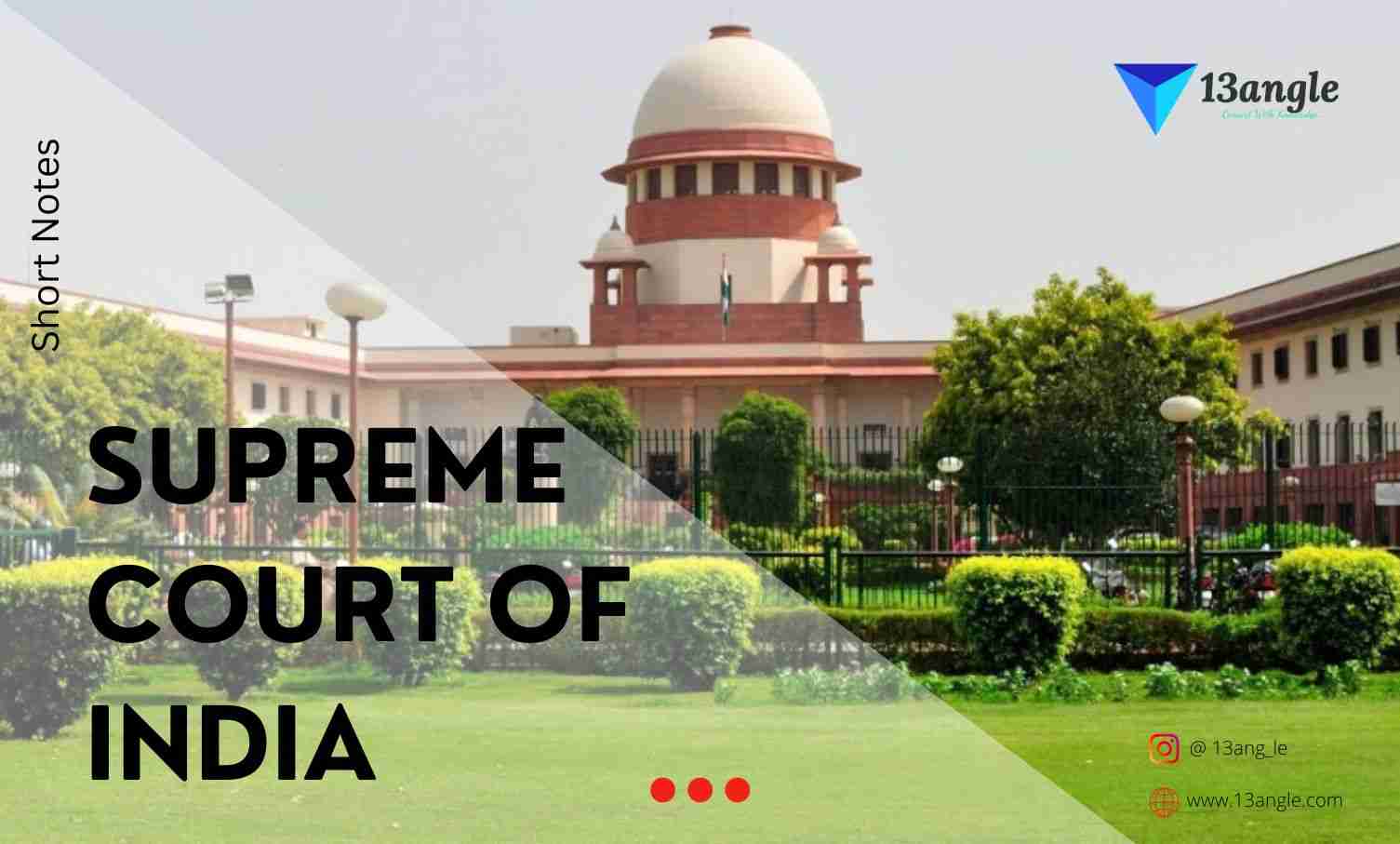The Indian National Army (INA) trials were a series of trials held by the British Indian government during and after World War II against soldiers and officers of the Indian National Army. Here are some pointwise notes on the INA trials:
The Indian National Army (INA) was a military organization formed by Indian nationalist leaders during World War II to fight for Indian independence from British rule.
The INA was initially formed in Southeast Asia by Indian expatriates and prisoners of war who had been captured by the Japanese.
The INA was led by Subhas Chandra Bose, a prominent Indian nationalist leader who had escaped from British custody and travelled to Japan.
The INA fought alongside the Japanese in several campaigns in Southeast Asia but was eventually defeated by the Allied forces.
After the war, the British Indian government arrested several soldiers and officers of the INA and charged them with treason and other offences.
The INA trials were held between 1945 and 1946 in several cities in India, including Delhi, Kolkata, and Karachi.
The trials were controversial and were criticized by Indian nationalist leaders and human rights organizations, who saw them as a violation of the principles of justice and fairness.
The trials had a significant impact on the development of the Indian independence movement and contributed to the growing support for Indian nationalism and the eventual achievement of independence in 1947.
The INA trials are remembered as a significant episode in the history of India’s struggle for independence and as an example of the sacrifices made by Indian soldiers and leaders in the cause of Indian freedom.





